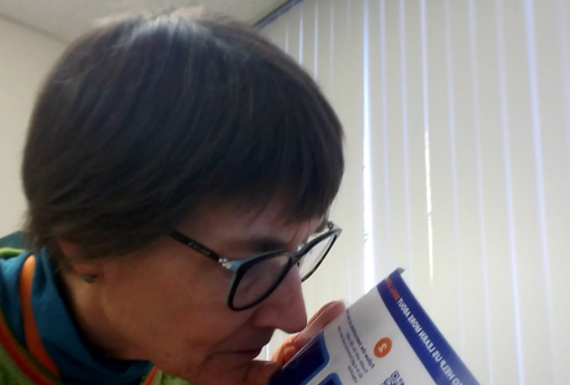THE GUARDIAN – Whether it is the waft of clove-studded oranges or the crisp fragrance of a fir tree, the festive season is filled with aromas that conjure Christmases past.
Now researchers say our sense of smell, and its connection to our memory, could be used to help fight dementia.
Our senses can worsen as a result of disease and old age. But while impairment to hearing or vision is quickly apparent, a decline in our sense of smell can be insidious, with months or even years passing before it becomes obvious.
“Although it can have other causes, losing your sense of smell can be an early sign of dementia,” said Dr Leah Mursaleen, the head of research at Alzheimer’s Research UK, adding it was a potential indicator of damage in the olfactory region of the brain – that is, the part of the brain responsible for smell.
That has led to researchers examining whether loss of smell could be used to diagnose conditions such as Alzheimer’s long before symptoms such as memory loss set in – an approach, experts say, that could allow patients access to drugs such as lecanemab early in the course of the disease, when they work best to slow cognitive decline.
“If olfactory function fails, stimuli lose salience, which may affect general cognitive functions.”
But just as research has suggested the use of hearing aids could reduce the risk of developing dementia, questions are being asked about whether bolstering our sense of smell could do the same.
Could a declining sense of smell be a risk factor for cognitive decline, not just a symptom?
“Olfaction is intimately involved in many brain processes, and especially the emotional processing of stimuli,” said Prof Thomas Hummel, of Technische Universität Dresden.
Indeed, smells, memories and emotions are often tightly bound, with research revealing recollections triggered by scent tend to be rooted in our childhood.



